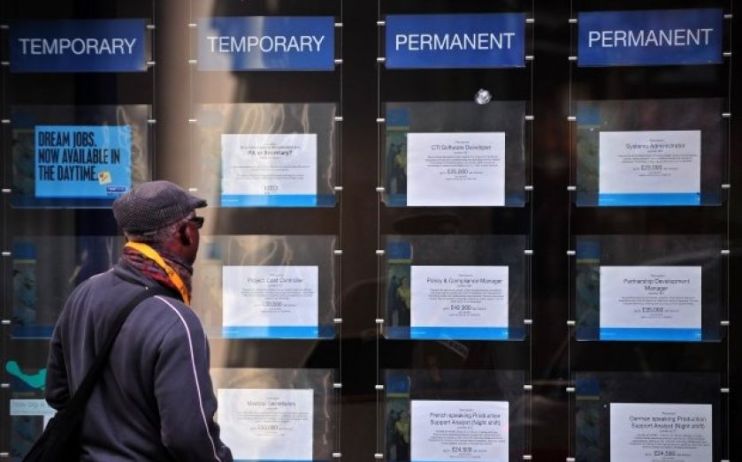Permanent job numbers increased for first time in over a year following general election

Improved market confidence has led to the first back-to-back increase in permanent jobs for over a year.
According to KPMG and REC’s new jobs report, recruiters signalled a further rise in permanent staff appointments in January following the general election.
The appointments rose in the North and South of England but fell in London and the Midlands.
The total number of staff vacancies across the UK rose at its steepest rate since last March, while temporary staff vacancy growth steadied.
In the private sector vacancies rose at a “sharp and accelerated pace” according to the UK Jobs report, but fell slightly in the public sector.
The quickest expansion in vacancies was seen in the accounting and financial sectors, closely followed by engineering.
Demand for temporary workers fell across both monitored sectors.
Business may be buoyed by the general election results but with regulatory and trade negotiations yet to be negotiated, the vice chair of KPMG James Stewart warned of lingering uncertainty.
“Brexit is unchartered territory so the reality is the uncertainty will linger, but key investment decisions on hiring need to be made to build confidence and help get the UK back on the path to growth.”
London and the South of England recorded lower temporary billings across January after increases in December.
Additionally billings received from temporary staff fell slightly for the first time since April 2013.
Recruiters blamed it on upcoming changes to IR35 legislation, which will make companies responsible for assessing whether a contractor should be considered a full-time employee and bringing them in line with the public sector.
Neil Carberry, chief executive of Recruitment and Employment Confederation (REC), said the reforms are having a negative impact on the availability and placement of temporary workers.
“It is vital that people pay the right amount of tax and that the system is fair, but for both of those things to happen we think the government needs to pause and think again on how IR35 changes.”
“The temporary labour market is being stifled, and that’s not good for employers or our economy,” he said.